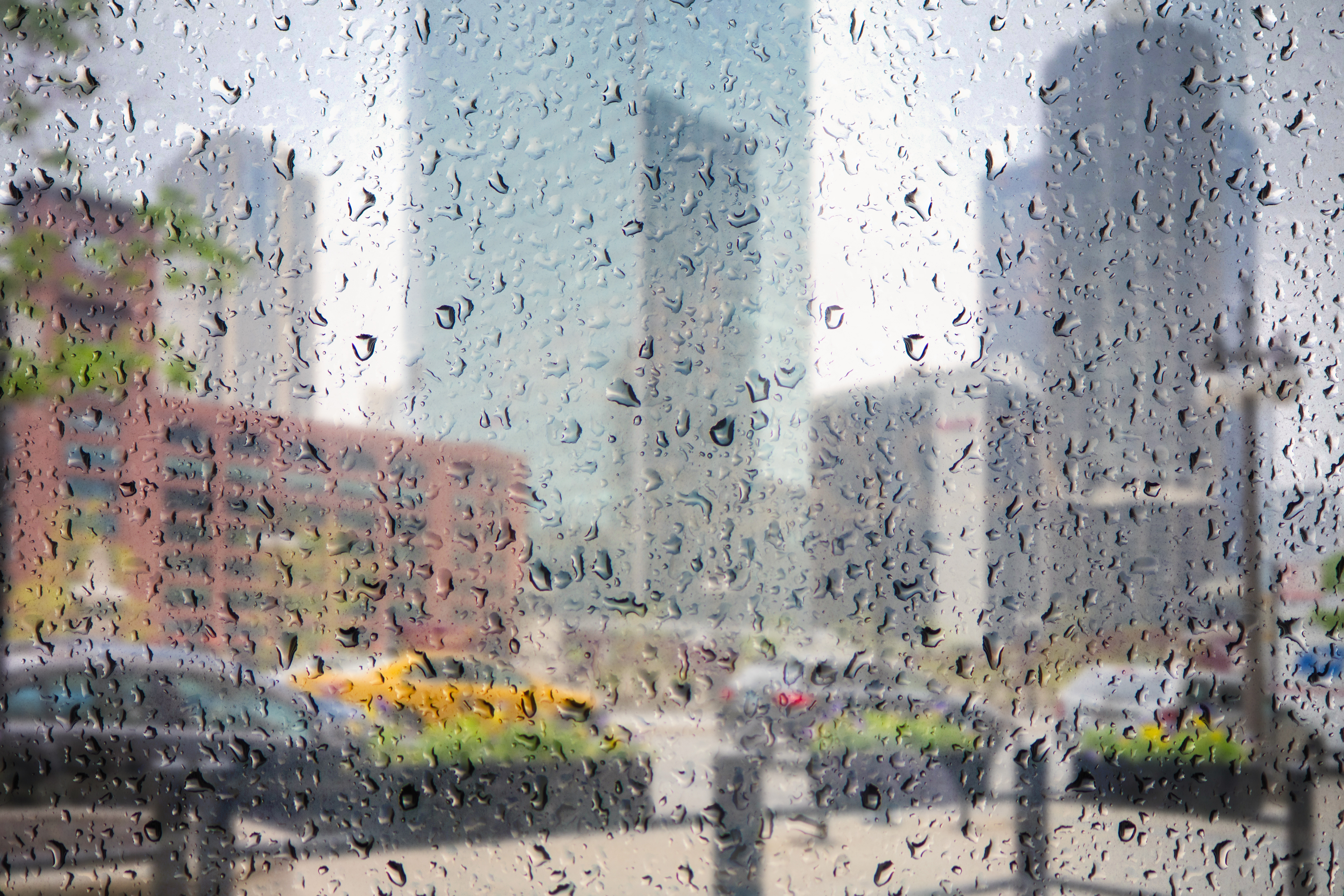If you've ever wanted to wish upon a star, this weekend would be the time to do it.
The annual Perseid meteor shower will light up the night sky this weekend, peaking Sunday night into Monday morning when skywatchers can expect at least 70 meteors an hour up above. The meteors will travel at speeds of up to 134,000 mph and will streak across the third of the sky, NASA said.
The Daily Herald reports astronomers say scores of meteors will blaze across the sky above the suburbs from Saturday night through the early morning hours of Tuesday.
If the clouds aren't too thick, the annual Perseid meteor shower will be easy to spot. Astronomer Larry Ciupik of the Adler Planetarium in Chicago says it would be a good idea to grab a lawn chair, face northeast and watch the show. As many as 100 meteors per hour are expected to hit the atmosphere.
Here are some Chicago spots where you can watch the Perseids:
- The Schaumburg Park District will host a free star-gazing party from 9-11 p.m. Saturday at the Vera Meineke Nature Center at Spring Valley.
- The Adler Planetarium will host a Perseid Meteor Shower Star Party on Monday from 7-11 p.m. at Cantigny Park in Wheaton. Purchase tickets here.
- The Chicago Park District is extending beach hours at the Montrose and 12th Street beaches to midnight Saturday and Sunday. Evanston's Lighthouse Beach will also stay open for extra hours.
The meteors come via the Comet Swift-Tuttle, a grouping of dust grains that circle the sun every 133 years and get their name from the ancient Greek hero who slayed Medusa.
Local
"The Perseids are the good ones," meteorite expert Bill Cooke of NASA's Marshall Space Flight Center in Huntsville, Ala. told USA TODAY.
If you're feeling extra meteor-ific this weekend, you can even count the number of space rocks that dash through the sky for NASA. The space agency's Meteor Counter app will record time, latitude, longitude and other meteor-tracking info to send directly to NASA researchers for analysis.
Optimal viewing time for the Perseids is midnight to dawn, so you'll have to party like a rockstar to see them.
It'll also be easier to see them away from the city, NASA said.



